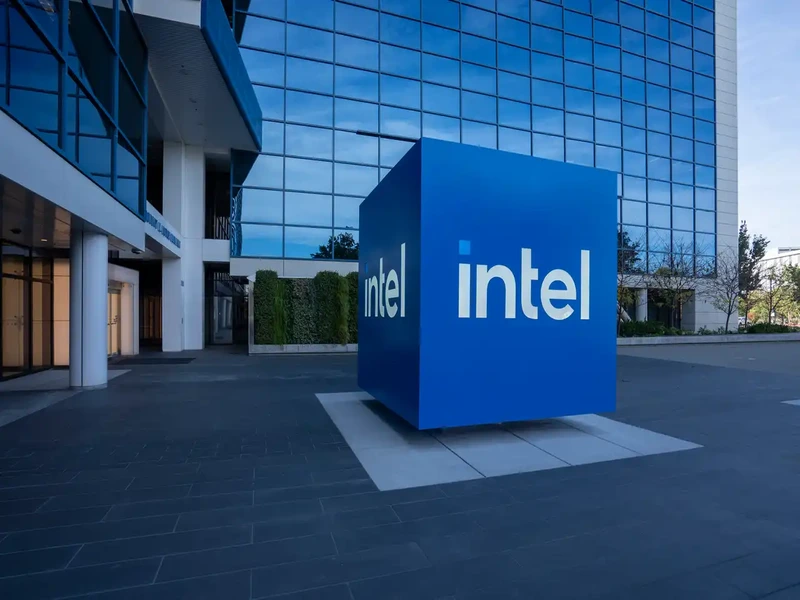- Intel posts a significant $821m loss in Q1, raising concerns about long-term recovery.
- Despite a modest uptick in revenue, Intel’s deeper financial issues persist, highlighting ongoing challenges.
What happened: Intel’s Q1 performance shows modest revenue growth, but the company faces ongoing financial struggles
Intel‘s Q1 earnings report shows a modest revenue increase, but the company is still grappling with significant financial losses. The tech giant reported a net loss of $821 million for the first quarter, despite generating $11.7 billion in revenue, a slight improvement from the same period in 2023. This performance, while better than analysts had initially anticipated, masks underlying difficulties within Intel’s operations. Despite attempts to streamline costs and invest in new areas, the loss highlights the ongoing struggles the company faces in its transition away from the highly competitive semiconductor market.
Intel’s CEO, Pat Gelsinger, has outlined a roadmap to re-establish the company’s leadership in the chip-making sector, including substantial investments in new technologies such as artificial intelligence (AI) and advanced manufacturing processes. However, these efforts are yet to yield the kind of turnaround that investors and analysts were hoping for.
Also read: Intel to cut 20% of staff under new CEO strategy
Also read: Intel offloads Altera to Silver Lake in $8.75B deal
Why it is important
Intel’s continued financial challenges are a critical indicator of the broader issues facing the semiconductor industry. The company’s struggles reflect the tightening of margins across the tech sector, with rising production costs and stiff competition from rivals such as AMD and Nvidia, which have cornered parts of the high-performance computing market. Intel’s push to re-establish dominance in AI and next-generation chips has been slower than anticipated, with the company continuing to lose market share in certain key segments.
This is also important as Intel’s difficulties could affect global supply chains, as the company remains a crucial player in both consumer and industrial chip production. As Gelsinger pushes for a shift towards innovation, his success—or failure—will have a lasting impact on the industry at large. The company’s performance will undoubtedly be closely watched in the upcoming quarters as it seeks to prove that its strategic changes can reverse its fortune.

